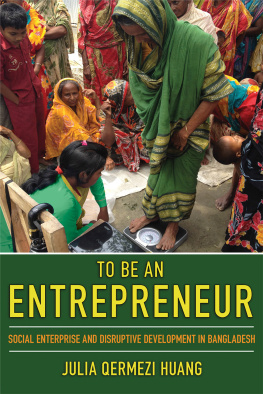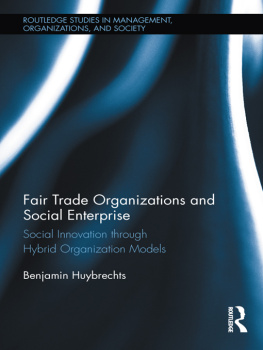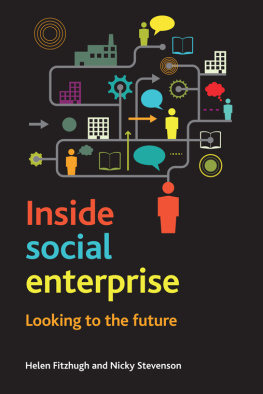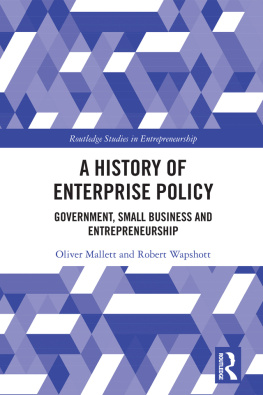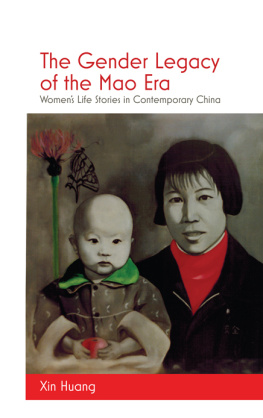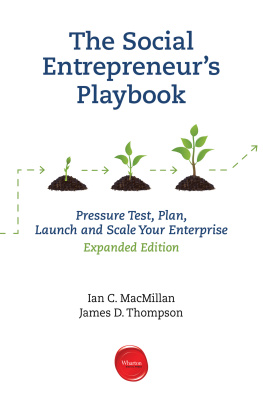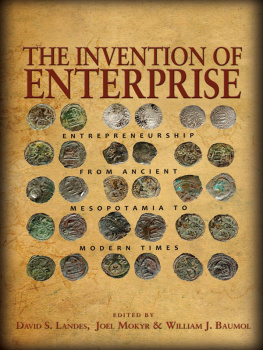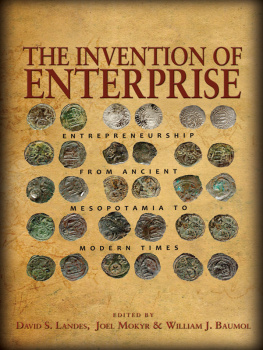Abbreviations
ACRU Akaas Center for Rural Upliftment
BOP base/bottom of the pyramid
BRAC Building Resources Across Communities (formerly Bangladesh Rural Advancement Committee)
CSR corporate social responsibility
DFID Department for International Development (UK)
GDP gross domestic product
ICT4D information and communication technologies for development
MDG millennium development goal
MLM multi-level marketing
NGO non-governmental organization
PMO prime ministers office
RTI right to information
TIE Technological Innovation for Empowerment
SAF Shabar Adhikar Foundation
SSI Sustainable Sourcing International
UISC Union Information Service Center
UNDP United Nations Development Programme
USAID United States Agency for International Development
USB universal serial bus
USD United States dollar
VGF vulnerable group feeding
Acknowledgments
The research on which this project is based was generously supported by fellowships from the London School of Economics (LSE, 201114) and a grant from the Netherlands Organisation for Scientific Research (201416, as part of the LSE Innovation and Co-Creation Labs project on Productive Employment: Research on Inclusive Development). Organizing this material into book form was possible through an LSE Fellowship in Economic Anthropology (201617), which provided me time, mentorship, and a vibrant intellectual community. I am honored and thankful for the expression of confidence in my work.
I am grateful for the institutional support of the Tata Institute of Social Sciences in Guwahati (Assam, Northeast India) and the BRAC Development Institute at BRAC University in Dhaka (Bangladesh). Geeta Borooah, Rafiul Karim, Anthony Sarker, Prerna Sharma, and Rima Treon helped to prepare me to conduct research in Assamese, Bangla (Bengali), and Hindi while my project sought geographic (and therefore linguistic) roots.
In Dhaka, I am deeply grateful to the Barolo-Rizvi and Awal families. Gowher Uncle, Agnese, Maya, Tafsir, and Tajwar transformed my research trips to the capital into adventurous and reenergizing experiences from the time Maya and I shared a moment of bemused skepticism at a social business conference. The Barolo-Rizvis gave me a home, and they will always have my deep affection.
The London School of Economics provided a dynamic environment for this project to come to life, and many friends and colleagues have sharpened my thinking, commented on my work, and helped to make the writing process a lively one. They are too numerous to mention, but special thanks go to Natalia Buitron Arias, Harry Barkema, Agustin Diz, Andrea Elsik, Matthew Engelke, Katharine Fletcher, David Graeber, Luke Heslop, Yanina Hinrichsen, Tomas Hinrichsen (and of course Bob), Geoffrey Hughes, Deborah James, Naila Kabeer, David Lewis, Meadhbh McIvor, Mary Montgomery, Fuad Musallam, Chloe Nahum-Claudel, Mathijs Pelkmans, Andrea Pia, Fernande Pool, Mitch Sedgwick, and Alice Tilche, as well as Catherine Dolan at SOAS and Bridget Kustin at the University of Oxford. Thank you to all the members of the writing seminars, the economic anthropology seminar, and the Friday research seminar on anthropological theory, who provided thoughtful engagement with this work in progress. Current team members in social anthropology and the international development group at the University of Edinburgh supported me to bring this book project through its final stages and gave me a new and welcoming intellectual home. They are many: Jamie Cross, Andreas Hackl, Ian Harper, Lotte Hoek, Delwar Hussain, Lucy Lowe, Rebecca Marsland, Michaela McCaffrey, Jeevan Sharma, and Alice Street deserve special mention. I could not ask for better new friends and colleagues.
I feel tremendous gratitude to my mentors. Mukulika guided me through the early (India-based) phases, and she continued to support me through key transitions and to provide opportunities for professional development. Katy Gardner joined my project in the writing stage and offered consistently insightful feedback as she pushed me to identify the particularities about this moment of change for Bangladesh. Laura Bear has been a wonderful mentor and source of inspiration for a decade. I always left meetings with her full of ideas and motivated to start the next piece of writing. She often helped me to see arguments I was making before I realized myself what they were. Lois Beck, Jamie Cross, Geert De Neve, David Lewis, Caroline Schuster, and Anke Schwittay deserve special mention for providing deeply engaged and extensive sets of comments on entire drafts of the manuscript that proved fundamental to transforming this project into the book that it is today.
Jim Lance has been the ideal acquisitions editor. Much gratitude goes to him, and to Jennifer Savran Kelly, Julia Cook, and the team at Cornell University Press for taking notice of my work and helping me produce it into a real live book.
A version of chapter 2 was previously published in an article titled Digital Aspirations: Wrong-Number Mobile-Phone Relationships and Experimental Ethics among Women Entrepreneurs in Rural Bangladesh, which appears in the Journal of the Royal Anthropological Institute (24, no.1 [2018]: 10725). Parts of chapters 4 and 6, here substantially revised, appear in an article titled The Ambiguous Figures of Social Enterprise: Gendered Flexibility and Relational Work among the iAgents of Bangladesh, published in American Ethnologist (44, no. 4 [2017]: 60316). One scene described in chapter 6 appears in an article titled Transient Assemblages, Ephemeral Encounters, and the Beautiful Story of a Japanese Social Enterprise in Rural Bangladesh, published in Critique of Anthropology (40, no. 3 [2020]). Permission to reprint is gratefully acknowledged.
Many people have contributed to this project over the years, often unwittingly, through their encouragement, friendship, and professional inspiration. Mosharrof Hossain, Kelly Michel, Will Muir, Maria Clara Pinheiro, Ananya Raihan, Pradip Sarmah, Irina Snissar, Vipin Thekkekalathil, Pooja Warier, and everyone in AIESEC anchored me in optimism for the world of social enterprise. From Agustin Diz, Meadhbh McIvor, and Katharine Fletcher flowed an endless supply of irreverent laughs and the knowledge that we were all in this process together. From Erin Finicane, Kenya Lyons, Margaret Kearney, and Pan Pan Fan, some of the strongest women I know, came the inspiration that as our paths branch off, we always come back to one another. To Bridget Taylor, Katrina Rankin, and the team at Tribe Cycle and to Mark Jennings, Reynold Antwi, and the team at Another_Space: This project was fueled by the energy you brought to every single day. A group of people have explored the Scottish Highlands with me, and these trips have been an important part of mental clarity; I am grateful to Ian Harper, Casey High, Elliott Oakley, Jean-Benoit Falisse, and Simon and Joanne Cooper and Luke Brady (Adventure Family!). Luke, you witnessed this writing project unfold from start to end and all over again; thank you for keeping me grounded and energized through our cooking projects, cycling adventures, and appreciation for the here and now.
My parents, Lois Beck and Henry Huang, have always encouraged my international adventures. It was they who instilled in me a deep curiosity to learn how the world works. Mom, thank you for sharing ethnographic worlds (both mine and yours) with me, providing the foundational experiences that drive much of what I do today, and teaching me the craft of writing. Dad, you always encouraged me to look for the bigger picture, the deeper patterns, and the wider significance of things, and that drive has served me well in this project.
Most of all, I thank the social enterprise leaders and workers, the members of partner organizations, and the many individuals who strove in their particular ways to make Bangladesh a better place. Protecting their identities prevents me from mentioning them by name. One person in particular guided me through the intricacies of the social enterprise and laid bare its deepest flaws and his deepest hopes for its improvement. I wish him and his family all the best for their ongoing endeavors. My deepest gratitude is reserved for the dozens of young women entrepreneurs who have shared with me their lives, homes, families, daily trials and tribulations, and dreams for a better future. Their stories populate these pages (although all errors remain mine), and it is my hope that sharing these narratives will lead to better circumstances for young people like them in the future.

